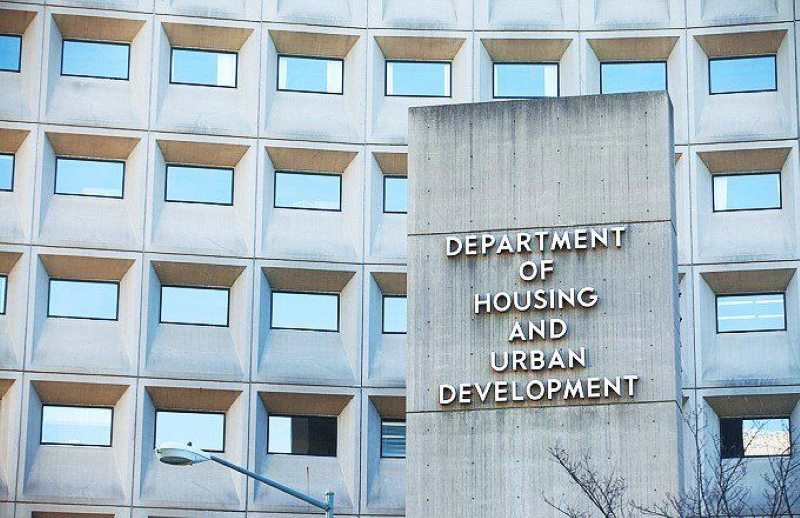Former President Donald Trump surprised markets on Monday by threatening to impose an additional 50% tariffs on Chinese imports. At the same time, he announced negotiations with Japan and Israel, causing investor confusion due to his conflicting trade signals. Volatility surged on Wall Street following ambiguous social media posts and a false report of a potential tariff pause—quickly denied by the White House.
Pressure-and-Reward Strategy, Say Allies
Trump made it clear he is willing to reward countries showing a conciliatory stance while penalizing those opting for retaliation. It remains uncertain whether this approach will ease the new base 10% tariff or benefit the 60 countries facing even higher duties. Since last week, Trump has escalated his tone against China over its 34% retaliatory tariff, doubling down on Monday.
“If China does not withdraw its 34% increase by April 8, the U.S. will impose ADDITIONAL 50% tariffs starting April 9,” Trump wrote.
Immediate Impact on Chinese Imports
The proposed 50% tariffs on China would be in addition to the 34% duty taking effect this Wednesday and the 20% tied to fentanyl trafficking. This triple tax burden could dramatically raise the cost of Chinese goods in the U.S., further straining ties with America’s third-largest trade partner. China’s embassy in Washington declined to comment.
White House Opposes Limits on Presidential Tariff Powers
Meanwhile, the White House threatened to veto a bipartisan bill seeking to limit the president’s authority to impose tariffs.
“This legislation would undermine the president’s ability to safeguard national security,” the White House warned Congress.
Despite the tense atmosphere, markets avoided a meltdown thanks to rumors of a potential Fed rate cut and signs Trump may be open to talks.

The U.S. Department of Housing and Urban Development (HUD)
The U.S. Department of Housing and Urban Development (HUD) is considering options to vacate its aging headquarters…
“We Will Not Break”: Firmness Against Retaliation
“Countries willing to negotiate are welcome. For those who retaliate, we will not yield or bow,” the White House declared.
However, Trump’s team sent mixed signals. Peter Navarro insisted this was not a negotiation, while Stephen Miran framed the tariffs as a fair distribution of costs among U.S. allies.
Japan and Israel Join the Trade Scene
Trump announced that Japanese Prime Minister Shigeru Ishiba agreed to begin talks over a possible 24% tariff on Japanese exports. Treasury Secretary Scott Bessent will lead the talks alongside Trade Representative Jamieson Greer.
“Japan is being cautious; China, by contrast, chooses isolation,” Bessent said.
A meeting with Israeli Prime Minister Benjamin Netanyahu is also scheduled at the White House, even though Israel had removed tariffs on U.S. products before April 2. Trump still imposed a 17% tariff on Israeli goods, holding firm on his tough stance.
Definitive End to Dialogue with China
Trump left no doubt about his intentions with China, emphasizing a tougher stance on trade, technology, and national security policies. He vowed to implement stricter tariffs, restrict Chinese investments in U.S. industries, and prioritize American economic independence from Chinese supply chains. His rhetoric highlighted a strategic shift, aiming to reduce China’s global influence while strengthening U.S. manufacturing, innovation, and geopolitical leadership.
“ALL talks with China are CANCELLED! Negotiations with countries that have requested meetings will begin immediately.”


